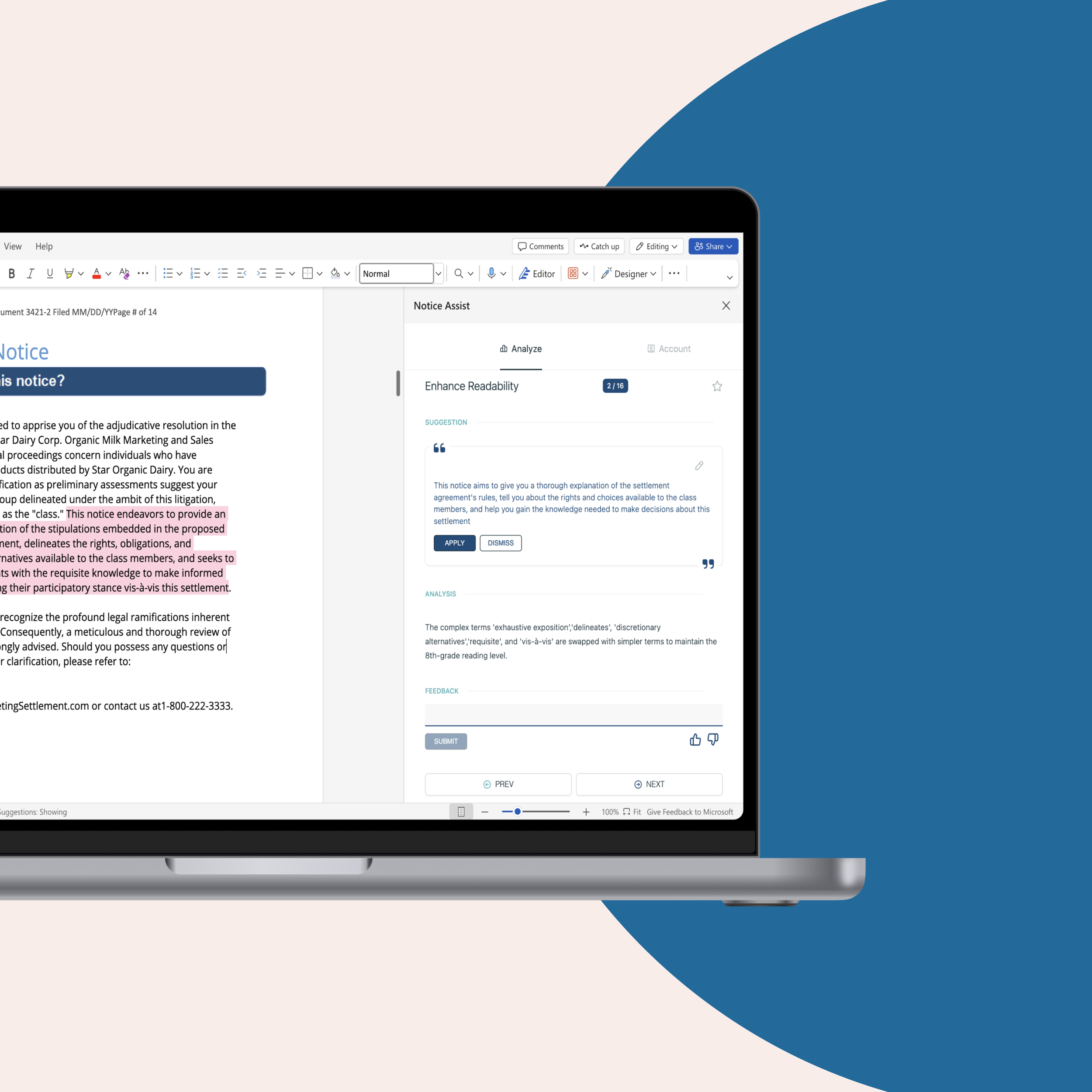SCOTUS Denies Cert in Wal-Mart Stores v. Braun
Jocelyn D. Larkin
On April 4, the U.S. Supreme Court denied cert in Wal-Mart Stores v. Braun, a wage and hour class action brought on behalf of 187,000 hourly Wal-Mart workers in Pennsylvania. The case was tried in the Pennsylvania state court in 2006, and Michael Donovan and his team obtained a $188 million verdict for the workers.
The heart of the appellate dispute was Wal-Mart’s decision to stop keeping records of wage and hour violations. Plaintiffs relied on the Anderson v. Mt. Clemens Pottery doctrine permitting “just and reasonable inferences” to calculate the damages in the absence of those records. Wal-Mart argued in the Pennsylvania Supreme Court and again to the U.S. Supreme Court that this method for determining damages was impermissible “trial by formula,” Justice Scalia’s catchphrase from Wal-Mart Stores v. Dukes.
We filed an amicus brief in Braun asking the Pennsylvania court to reaffirm the crucial and proper role of aggregate proof in class action trials. The plaintiffs proved their damages through sampling, extrapolation, and representative testimony because the defendants had not kept appropriate records. We discussed the enormous body of law approving the use of aggregate proof in many substantive contexts, refuting the defendant’s claim of a due process right to individualized proof. We also pointed that the phrase “Trial By Formula” in Dukes was dicta discussing an evidentiary methodology used in the Ninth Circuit’s decision In re Estate of Marcos, a class action dealing with the victims of torture under the former dictator, not anything proposed to be used by the Dukes plaintiffs.
Today’s outcome was not surprising given the decision two weeks ago in Tyson Foods v. Bouaphakeo. The Court’s decision not to hear the case is a major win for workers, who will receive justice after fourteen years in court.











